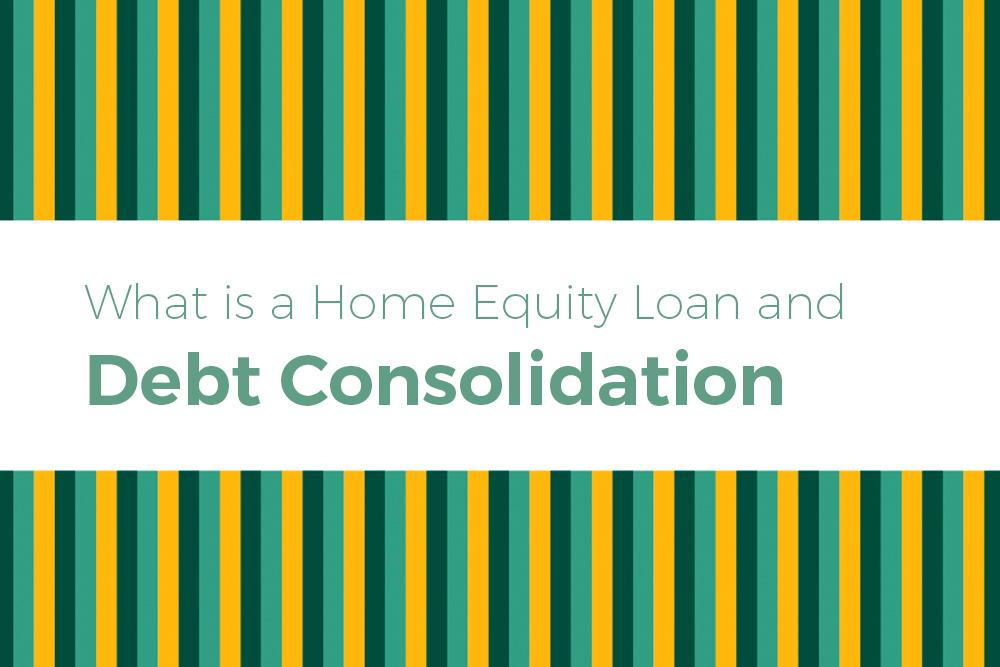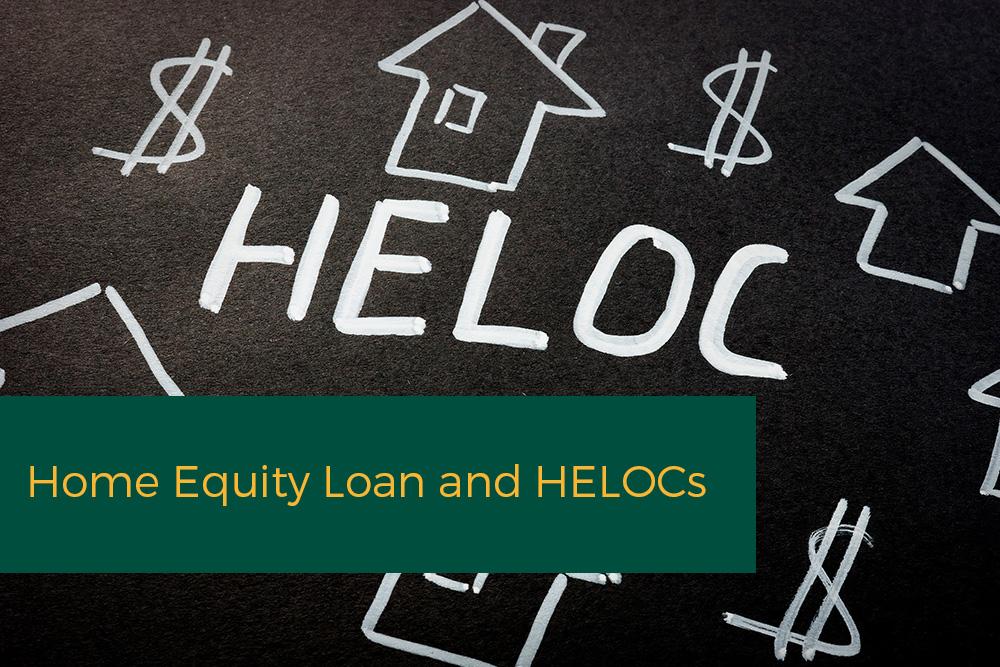What is a Home Equity Loan and Debt Consolidation Loan?

There are two primary home loans in Las Vegas that you can use to consolidate debt:
- Home equity loans
- Debt consolidation loans

Home equity loans and debt consolidation loans are methods used to pay off debt from a credit card, including fixed or lower monthly payments. The benefits of both kinds of loans are largely the same. However, they allow you to pay off debt from various sources in different ways. One might be more preferable to the other depending on your financial situation.
Home Equity Loans For Debt Consolidation
A home equity loan is a type of Las Vegas loan. A home equity loan is a difference between the home’s appraised value and the amount remaining on your mortgage payments. The home acts as the collateral for your loan, which means that the bank can repossess the house if you fail to make payments on the home. A home equity loan has lower mortgage rates in Las Vegas than a debt consolidation loan. Additionally, you’ll have lower monthly payments with a home equity loan than a debt consolidation loan. The monthly payment rates for your loan are also usually fixed, which means you’ll have a guaranteed low monthly payment of the same amount each month. Your monthly payments don’t change, making it easier to manage your budget. Home equity loans usually have longer terms than debt consolidation loans. Some have terms that last up to 30 years.

On the other hand, debt consolidation loans have much shorter terms that may last just a few years. No matter which loan you choose, the majority of your loan will pay off the loan principal instead of paying off high-interest rates commonly found with credit cards. The principal loan payments are also fixed, making it easier to set a budget.
Debt Consolidation Loan

A debt consolidation loan is a type of loan that consolidates more than one kind of debt, making it easier to pay your bills every month. A debt consolidation loan allows you to roll all your debts into one easy monthly payment, even if they have differing interest rates. To pay off your debts, the lender will usually send you a check that you can use to pay the creditors. Alternatively, the lender will give the creditors a payment directly. Debt consolidation loans are offered through many lenders, including credit unions, banks, and peer lenders. Secured loans, however, are only offered through credit unions and banks. Secured loans are similar to home equity loans, as both have collateral. Unsecured loans are another option. Unsecured loans do not have collateral, which means you won’t be able to borrow as much money. Unsecured loans also usually have higher interest rates than secured loans. Rather than take out a secured or an unsecured loan, you can also get a debt consolidation plan that allows a third party to combine your debts so that you can pay off the debt by making fixed monthly payments. Most of the time, these debts are combined through either a non-profit or a for-profit company.
Home Equity Loan and HELOCs
If you are looking to use your home as collateral, you can choose from two options:
- Home equity loan
- Home equity line of credit (HELOC)

Home equity loans are a lump sum. One advantage of using a home equity loan for paying off debts is that you’ll get a low-interest rate. A home equity loan is a good option for paying off your debts, as it means you will make one payment towards the debt that you are trying to pay off. You can use both a home equity loan and a home equity line of credit (HELOC). A HELOC is a revolving line of credit that you can use as needed to help pay off your debts. An advantage of getting either a home equity loan or a HELOC is getting relatively low-interest rates. However, your home is placed at risk when you tap into its equity. With a home equity loan, your interest rates will hover around 4.5-6%. Contrarily, credit cards have much higher interest rates, between 16% and 29%. Keep in mind that interest rates will generally increase if you use a credit card if you miss any payments. (Read more on VA loans here.)
Qualifying for a Home Equity Loan
Owning a home and having a loan with favorable mortgage rates in Las Vegas is a good starting point, but you will also need to demonstrate that you have a steady source of income and a good credit rating. Home equity loans typically have a longer repayment period of 15 to 30 years. During that time, several things can happen that affect your ability to make payments, such as losing your job or having a medical problem that makes it difficult to pay off your Las Vegas loan. Some things may also be beyond your control, such as slumps in the housing market that make the value of your home decrease. If that happens, you may end up being underwater, which means you owe more money on your home than the home is worth. If you decide to sell your home to offset the expensive payments, you may very well have to pay for the price difference.
How to Request a Home Equity Loan
If you are looking to consolidate debt, you’ll want to know how to apply for a home equity loan. This is a good question for a reputable mortgage company in Las Vegas, as the process of applying for a home equity loan is much like applying for a mortgage. Before you take out a loan, you will want to have a lender assess the home’s value, as the home’s current value is likely different than it was when you initially bought the home. The equity that you get in the end can be up to 80% of the difference between the home’s appraised value and the amount you owe on mortgage payments each month. Additionally, to secure a HELOC, you’ll need to provide a lender with other information such as proof of assets, income, and debt. A lender will likely review your credit report as well. It usually takes between one and two months to complete the process.
For more information, contact a mortgage company in Las Vegas to learn more about the options available for using home equity to consolidate your debts. You can also watch this helpful video to learn how to tap into your equity to consolidate debts and learn more about how using home equity to pay off your debts can be advantageous.









